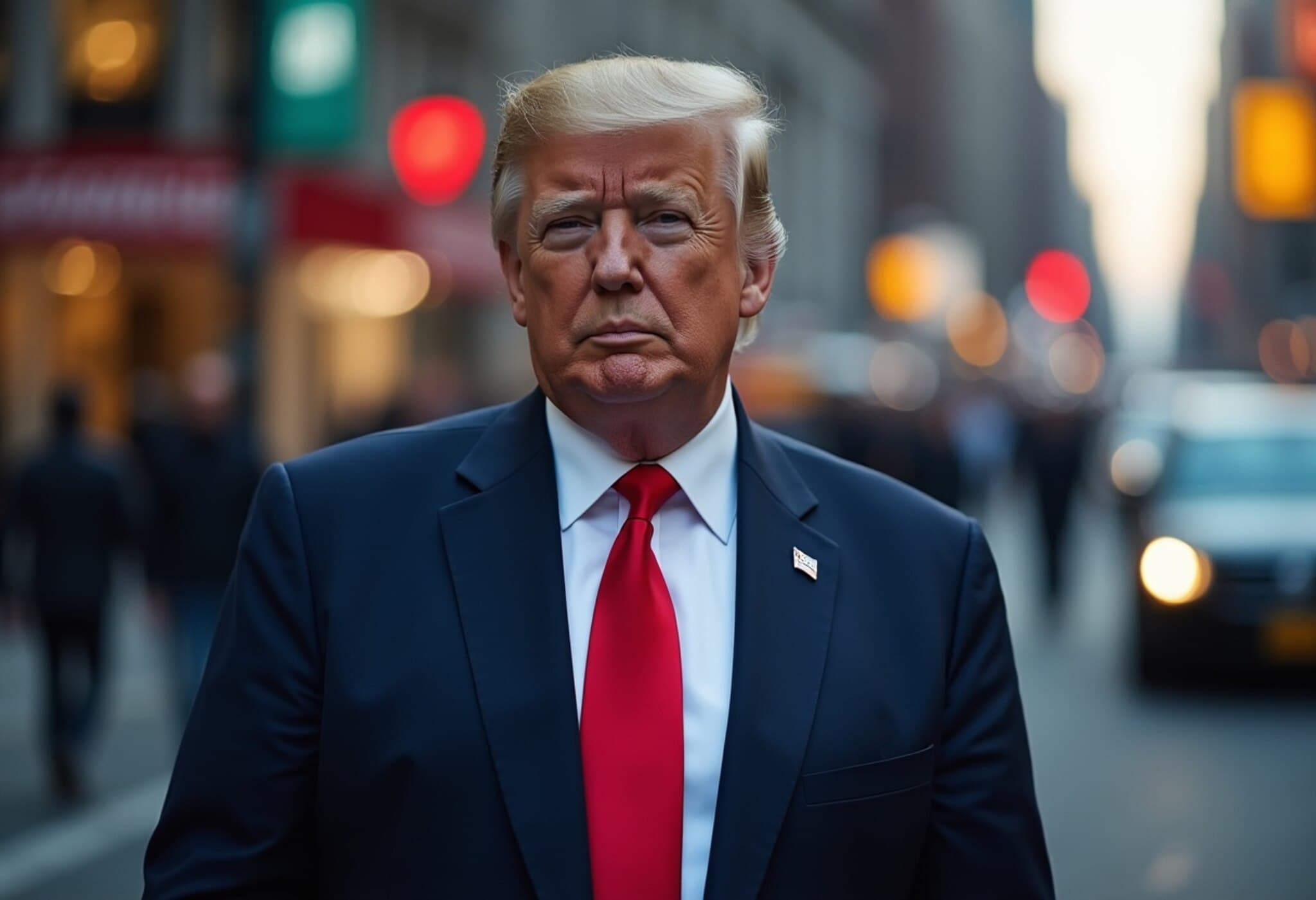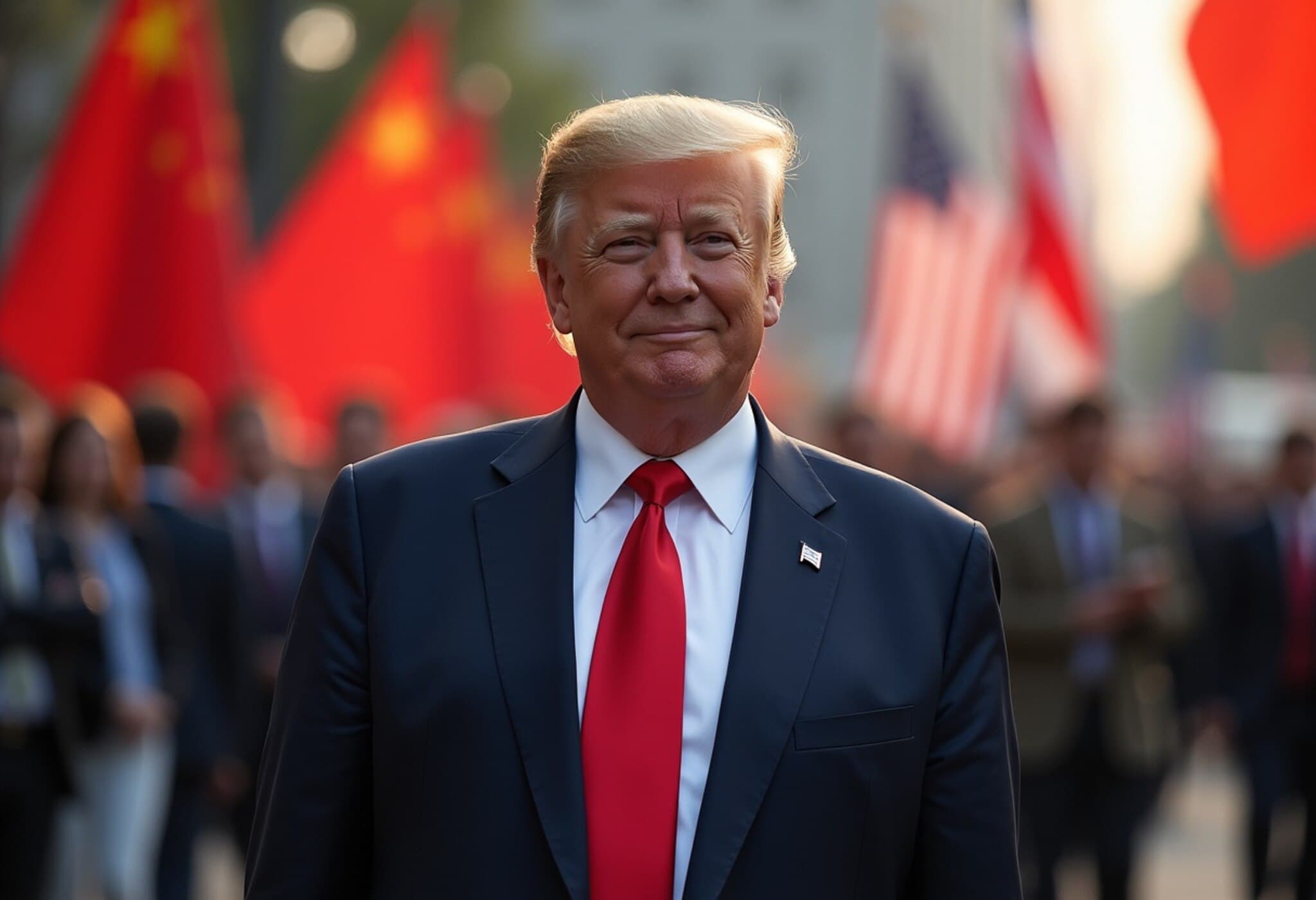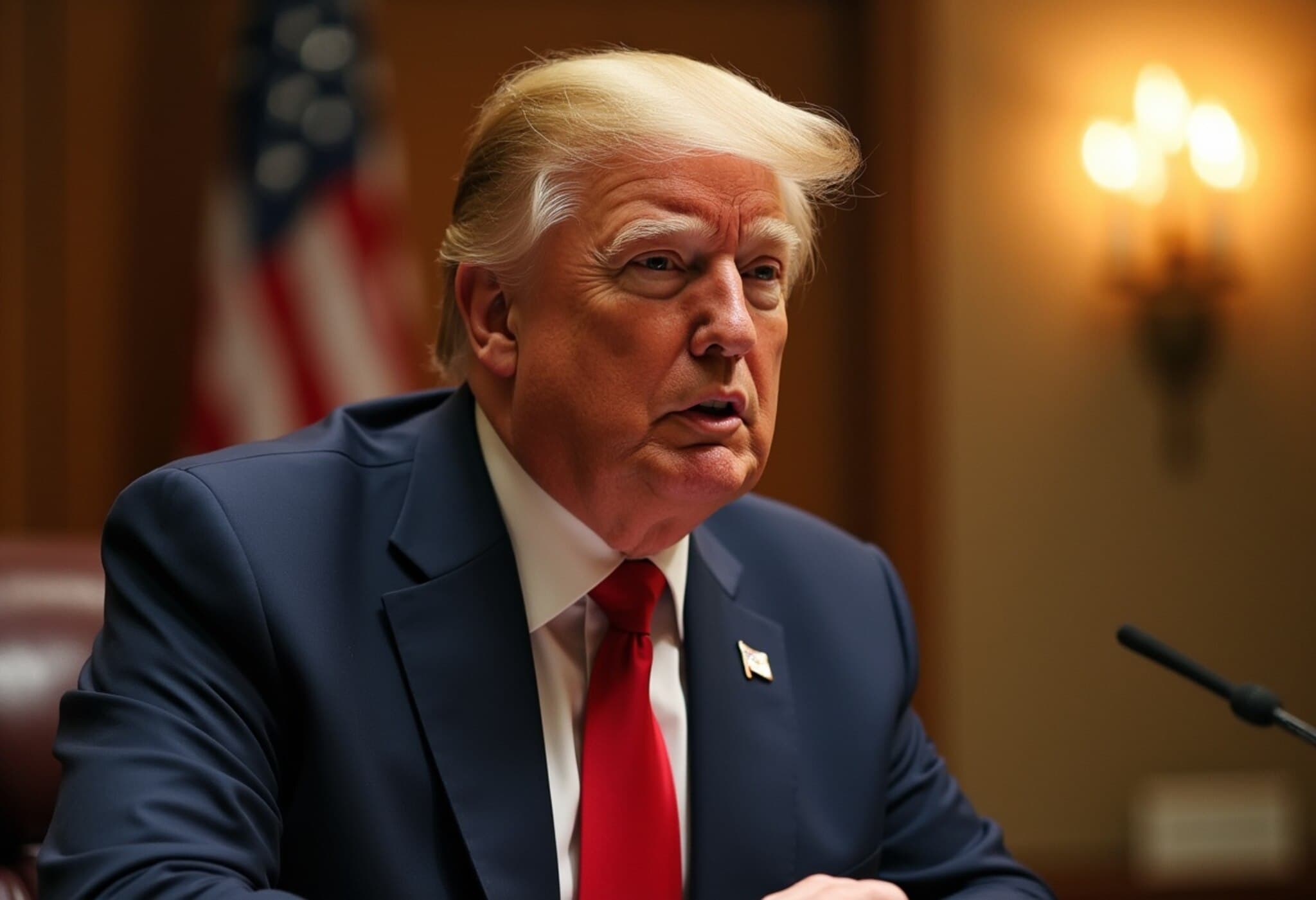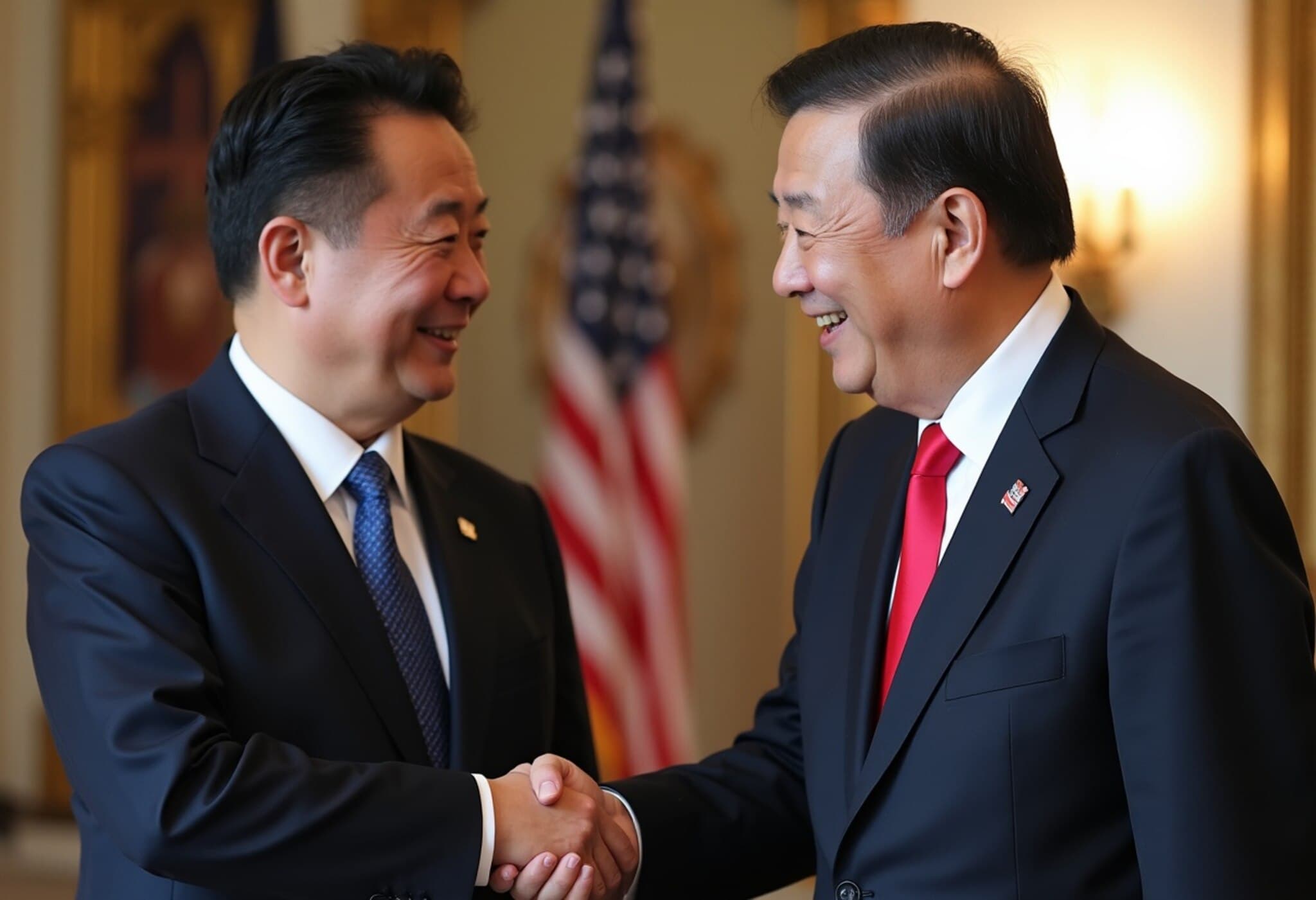Trump Vows Retaliation Against Countries Imposing Digital Taxes on US Tech Firms
In a recent post on Truth Social, former US President Donald Trump issued a stark warning to nations enacting digital service taxes—tariffs that he argues unfairly target American technology companies. Trump condemned these taxes as deliberate attempts to undermine the growth and competitive edge of US tech giants like Google, Facebook, Apple, and Amazon, while simultaneously letting China escape scrutiny.
The Digital Tax Debate: A Longstanding Trade Flashpoint
Over the past several years, multiple countries, particularly across Europe and North America, have introduced digital services taxes (DSTs) targeting the sales revenues of foreign digital platforms. These measures aim to address tax base erosion and profit shifting by multinational tech firms earning significant revenues in markets without substantial physical presence. However, the US has consistently opposed these levies, viewing them as discriminatory barriers to American innovation and enterprise.
Trump's message underscores this tension: "As the President of the United States, I will stand up to Countries that attack our incredible American Tech Companies. Digital Taxes, Digital Services Legislation, and Digital Markets Regulations are all designed to harm, or discriminate against, American Technology," he asserted. Crucially, he accused these policies of giving China a "complete pass," highlighting a perceived imbalance in global trade enforcement.
Threat of New Tariffs and Trade Ripples
Trump did not mince words about potential consequences. He warned that if nations refuse to repeal or amend these tax schemes, the US government could respond by imposing substantial additional tariffs on their exports—a move that could escalate trade tensions and disrupt international supply chains.
This is not the first flare-up in digital tax disputes: just last year, Canada enacted a 3% DST on American digital services revenue generated domestically, affecting companies such as Meta, Amazon, Alphabet, Uber, and Airbnb. The tax was designed to capture revenue from tech giants even without a physical presence in Canada.
Case Study: US-Canada Digital Tax Standoff
- In 2024, Trump abruptly suspended trade negotiations with Canada citing its DST as a "blatant attack" on American industry.
- He threatened new tariffs on Canadian goods, risking damage to the historically close trade relationship.
- Canada preemptively repealed its digital services tax hours before it was set to take effect, allowing diplomatic talks to resume.
This episode illustrates the delicate balance governments face in adapting tax systems to the digital economy while managing international relationships and trade commitments.
Expert Analysis: Navigating Taxation in the Digital Age
From a policy perspective, the clash around digital service taxes exposes broader challenges in international tax law. Traditional frameworks, largely built around physical presence, are struggling to keep pace with the borderless nature of digital commerce. The Organisation for Economic Co-operation and Development (OECD) has been mediating discussions aiming to establish a fair global system, but progress remains slow and mired in geopolitical friction.
Moreover, unilateral digital taxes risk fragmenting the global market, creating patchwork compliance burdens for companies and threatening retaliatory measures that might spiral into full-scale trade disputes. Trump's position, while assertive, reflects ongoing frustrations over perceived imbalances in trade policy—particularly as China continues growing its technological footprint largely unencumbered by such digital tax pressures.
The Road Ahead: Implications for US Tech Firms and Global Trade
The US faces a critical juncture in balancing protection for its tech innovators with the need for updated, globally coordinated tax rules. As digital revenue streams grow, questions remain:
- How can policy makers design equitable taxation systems that recognize the unique business models of digital companies?
- Will the US pursue aggressive tariff retaliation as a primary tool or engage in multilateral diplomacy through forums like the OECD?
- How will these tensions impact consumer prices, innovation incentives, and international cooperation in technology development?
These issues demand nuanced dialogue and informed policymaking to avoid unintended economic fallout while fostering a fair digital marketplace.
Editor’s Note
The emerging conflict over digital services taxation is emblematic of 21st-century challenges at the intersection of technology, law, and international relations. Trump’s tariff threats bring renewed attention to unresolved debates around digital economy taxation, highlighting the urgent need for collaborative solutions that safeguard innovation without enabling unfair competitive advantages. As the world watches, the delicate choreography between national interests and global cooperation will shape the future landscape of digital commerce.
















